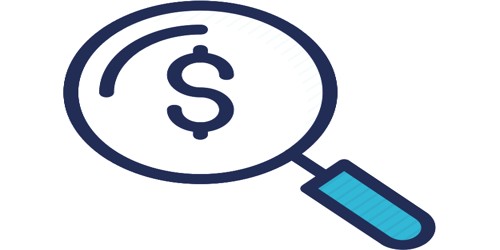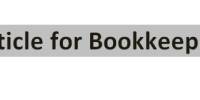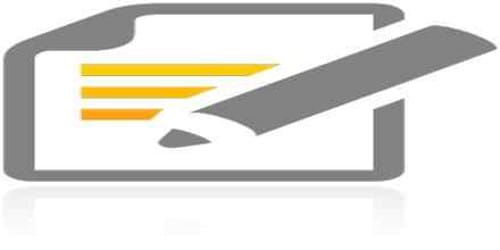Cash Audit
Audit of cash receipts and payments only is known as cash audit. The auditor should be careful while conducting cash audit because there are chances of frauds. This is an audit confined to cash transactions for a prescribed period, for the purpose of determining the amount of cash on hand or on deposit in a bank. An auditor should check in detail all the documents, voucher and books of accounts while conducting cash audit. It is a complete or partial assessment of cash transactions that your business carries out within a set time frame. It helps to obtain and verify the mathematical accuracy of cash transactions by tracing opening balances to the previous year’s documents and by reviewing activity in general ledger accounts for cash. Auditors evaluate cash disbursements similarly to the depositing of cash. These procedures determine how many individuals handle cash at the main collection point.
An auditor should provide suggestions to the client in the report after finding out the position of cash to conduct various programs and to prevent misuse of cash. Its report is to be presented to the appointing authority. Cash audits ensure that you clearly and appropriately name and categorize cash when making a financial statement, including lines of credit and loan guarantees, in order to enable easy verification of cash balances. Auditors might also need to test for the correct classification of cash. This prevents deliberate misstatement of fact and establishes errors committed by the person handling the records. It also ensures that the cashier and front office manager log and sign off on money before it enters or leaves a safe. All cash received and sent is usually brought forth in receipts or bookkeeping records. It is done to ascertain the accuracy of the financial statements provided by the organization.
















